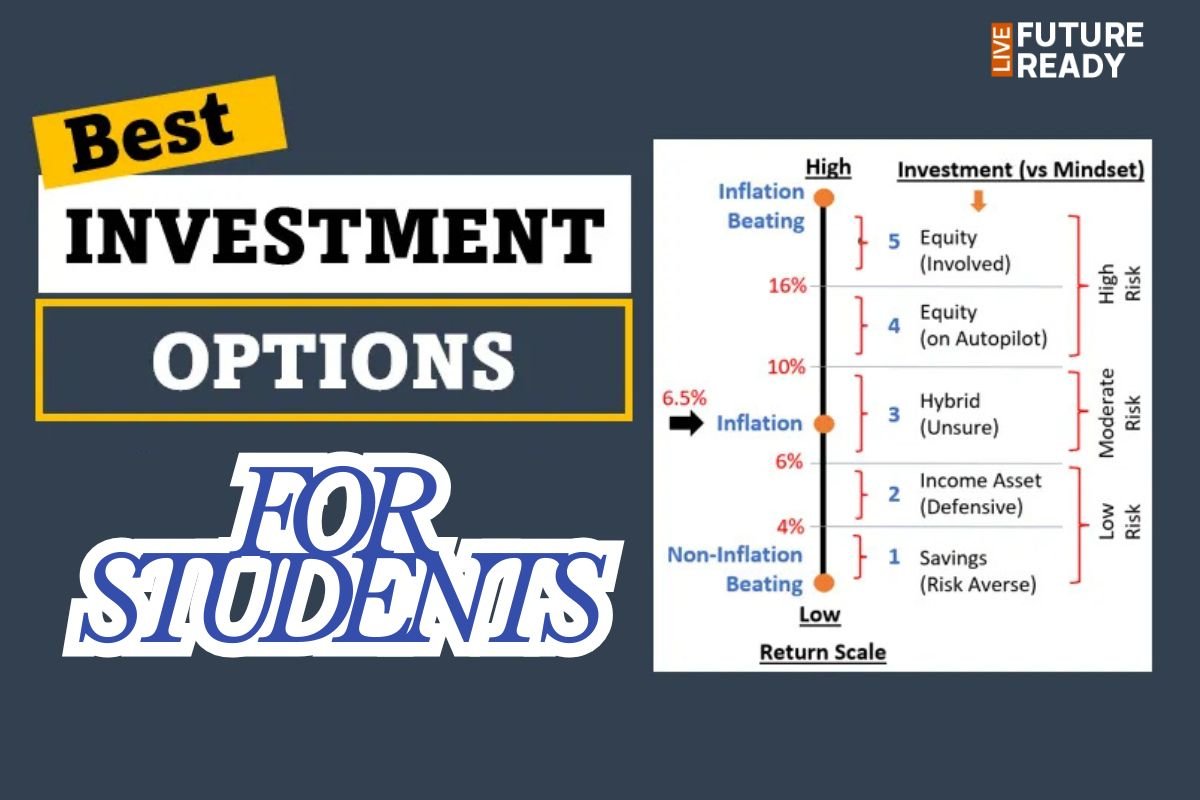The Graduate Management Admission Test (GMAT) is a standardized exam required for admission into top business schools worldwide. Designed to assess analytical, writing, quantitative, verbal, and reading skills, GMAT is an essential step for students aiming to pursue an MBA or other business-related degrees.
The GMAT 2025 exam follows an adaptive testing system, which means the difficulty of questions changes based on how well a candidate performs. This format makes the test unique and requires a different preparation strategy compared to traditional exams.
In this blog, we will cover:
- The exam structure of GMAT 2025
- How adaptive testing works
- The scoring system
- Preparation tips to maximize your GMAT score
GMAT 2025 Exam Structure
The GMAT exam consists of four main sections:
- Quantitative Reasoning
- Focuses on problem-solving and data sufficiency.
- Tests basic mathematical concepts, including arithmetic, algebra, and geometry.
- Number of questions: 31
- Time allotted: 62 minutes
- Verbal Reasoning
- Assesses reading comprehension, critical reasoning, and sentence correction.
- Number of questions: 36
- Time allotted: 65 minutes
- Integrated Reasoning (IR)
- Measures the ability to analyze and interpret data from multiple sources.
- Number of questions: 12
- Time allotted: 30 minutes
- Analytical Writing Assessment (AWA)
- Tests writing skills through an argument analysis task.
- Candidates must critique an argument in one essay.
- Time allotted: 30 minutes
Each section is important, and a strong performance in all areas improves the overall GMAT score.
How Does Adaptive Testing Work in GMAT 2025?
The GMAT follows a computer-adaptive testing (CAT) system. This means the difficulty level of each question depends on how well the candidate answered the previous question.
- If you answer a question correctly, the next one will be harder.
- If you answer incorrectly, the next question will be easier.
- The test continuously adjusts until it determines the most accurate score for the candidate.
Why is Adaptive Testing Important?
- Ensures a customized test experience for each candidate.
- Rewards accuracy rather than guessing.
- Measures actual ability levels more efficiently.
Since GMAT does not allow candidates to go back and change their answers, time management and accuracy are crucial.
GMAT 2025 Scoring System
The GMAT scoring system evaluates candidates based on their performance in different sections.
| Section | Score Range |
| Quantitative Reasoning | 6-51 |
| Verbal Reasoning | 6-51 |
| Integrated Reasoning | 1-8 |
| Analytical Writing | 0-6 |
| Total Score | 200-800 |
Key Points About GMAT Scoring
- The total score is based on Quantitative and Verbal scores (scaled between 200-800).
- The AWA and IR sections are scored separately and do not contribute to the total GMAT score.
- Since the test is adaptive, time management plays a big role in scoring well.
A GMAT score above 700 is considered excellent and increases the chances of admission to top business schools.
How to Prepare for GMAT 2025?
- Understand the Adaptive Nature
Since the GMAT adapts based on performance, candidates must focus on accuracy in the early questions. The first few questions have a big impact on the overall score.
- Take Adaptive Practice Tests
Unlike regular tests, GMAT mock tests help candidates get familiar with adaptive difficulty levels. The GMAT Official Guide and platforms like GMATPrep provide realistic practice exams.
- Master Time Management
- Spend more time on the first 10 questions since they set the difficulty level.
- Avoid guessing too quickly, as adaptive scoring is sensitive to wrong answers.
- Do not leave questions unanswered, as they reduce the final score.
- Strengthen Weak Areas
Identify sections where performance is weak and improve through targeted practice. Many students struggle with data sufficiency in the Quantitative section and sentence correction in the Verbal section.
- Use Official GMAT Study Material
- GMAT Official Guide (latest edition)
- GMATPrep Software for adaptive mock tests
- GMAT Club Forum for study discussions and tips
- Improve Analytical Writing & Integrated Reasoning
- Read editorials and practice writing arguments to improve AWA.
- Practice interpreting graphs, tables, and multi-source reasoning for IR.
Common Mistakes to Avoid in GMAT 2025
- Rushing through the first few questions – The first 10 questions significantly impact scoring.
- Ignoring time management – Running out of time in an adaptive test lowers accuracy.
- Focusing only on Quant or Verbal – A balanced approach is needed for a high total score.
- Skipping Integrated Reasoning & AWA – Though they don’t affect the main score, they matter for business school applications.
Conclusion
The GMAT 2025 follows an adaptive testing and scoring system that rewards accuracy and consistency. Understanding the exam structure, adaptive difficulty, and scoring patterns helps candidates strategize their preparation effectively. By practicing adaptive mock tests, managing time efficiently, and strengthening weak areas, aspirants can achieve a top GMAT score.
Stay Future Ready.




















